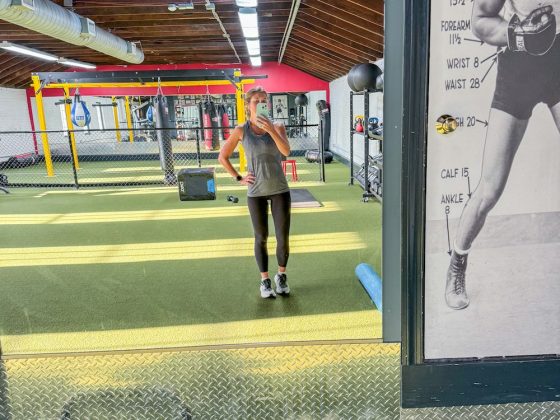If you’re feeling like you’re living in a whirlwind of stress, you’re not alone. The prolonging pandemic has worsened our stress, anxiety, and overall fear about what the future may look like. It may seem like a never-ending circle, but there are healthy ways that can help you cope with your emotions. A growing body of research suggests that an effective coping mechanism involves spending quality time outdoors.
Ecotherapy, also known as green therapy, is the practice of improving well-being through outdoor activities in nature. It is based on the field of ecopsychology developed by 20-century historian Theodore Roszak. In his 1992 book The Voice of the Earth, Roszak addressed the healing properties of the natural environment and how they could benefit psychological wellbeing.
Studies show that our connection to nature influences our mental well-being. It’s a developing science, and the exact linkages are still being understood, but findings suggest that increased time in nature can boost mood. A June 2019 study of 20,000 individuals published in Scientific Reports found that people who spent at least 120 minutes a week in an outdoor setting were more likely to optimize their psychological and physical well-being compared to those who did not.
Dr. Aimee Martinez, PsyD, a clinical psychologist based in Los Angeles says that going outside is linked to increased vitamin D production. “Although some studies have shown that vitamin D can be helpful in protecting against effects of depression, vitamin D production is affected by age and skin color. [Seniors] 65 and over are only able to produce only a fourth of the amount of vitamin D as [young adults] in their 20’s. In addition, Black Americans produce about half the amount of vitamin D in their blood as compared to lighter skinned Americans. While it isn’t exactly understood how much vitamin D is produced from going outside, spending time in nature doesn’t hurt and can be beneficial for your mental health,” she says.
There are endless ways you can soak in sunshine and nature to capture these invigorating benefits. Here are five ecotherapy exercises to boost your mood and optimize well-being.
1. Bring an everyday activity outside.
“A lot of the activities you partake in on a daily basis can be done outdoors,” says Eliana Lev, LMFT, a licensed marriage and family therapist. From drinking your morning coffee to catching up on emails, you can reap the benefits of being in nature while doing your daily tasks. Try to incorporate the natural environment in your daily schedule when possible. For instance, bring plans for listening to music or eating a healthy lunch to a sunny spot outside.
2. Exercise in the fresh air.
Staying active also has multiple physical and mental health benefits, including reducing risk of heart disease and improving overall mood. There are plenty of ways to exercise in the open air, from taking a simple walk in your local neighborhood to trying an outdoor sport like tennis. You can even take a home workout of weight lifting or yoga outside.
3. Socialize in the sunlight.
Connecting with others is helpful as it not only enhances individuals socially, but provides a sense of self-worth and belonging. In this COVID-19 pandemic, it is crucial to stay connected with others to avoid social isolation — in safe yet creative ways. Whether it is video chatting with your loved ones on an outdoor patio or organizing a socially-distanced picnic with your friends in a local park, enjoy building community in the sunshine!
4. Try Nature Conservation activities.
Not only can you feel a sense of community by strengthening existing relationships, but also when contributing to a larger cause. There are a lot of outdoor nature conservation activities to engage in from the comfort of your home garden to a national park to reduce your ecological footprint. Try using compost from your waste to grow a sustainable garden or partake in a litter clean-up in your local neighborhood. “These activities often help us quell anxious thoughts by turning our attention outward, which can improve emotional regulation,” says Lev.
5. Explore the great outdoors.
The type of nature setting does not matter when it comes to ecotherapy. But take the opportunity to be adventurous and explore different types of natural settings. Take a day trip to visit a natural attraction. Perhaps a refreshing lake for swimming or a hiking trail for a vigorous trek up the mountains. In light of COVID-19, be sure to maintain precautions and practice social distancing guidelines. When visiting areas, such as crowded parks or trails.










